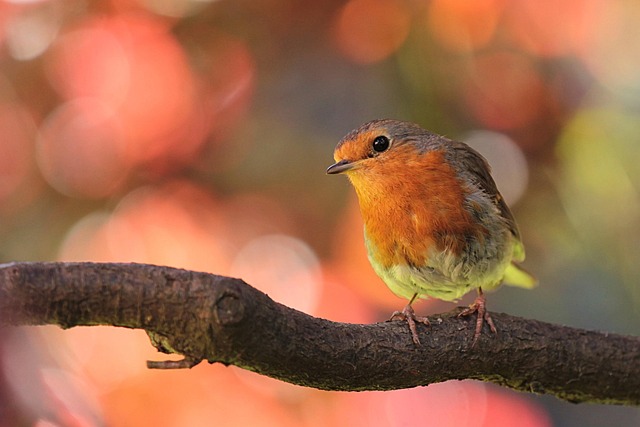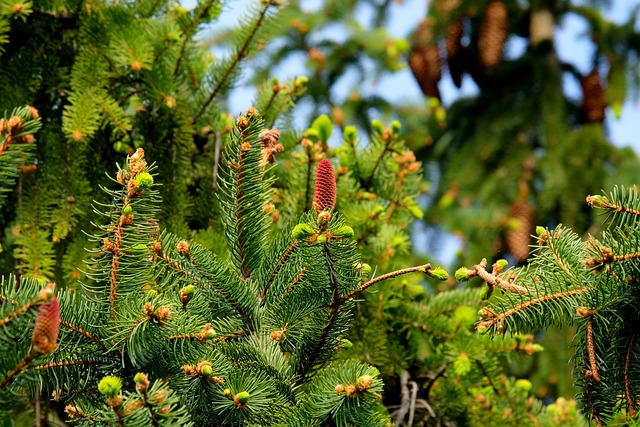As urban landscapes continue to expand, the concept of garden expansion in cities becomes increasingly essential. Concrete and steel surround us, but amid the hustle and bustle, the call for green spaces resounds like a breath of fresh air. Transforming our city environments into lush havens of biodiversity is not just a luxury; it’s a necessity for our well-being and the planet’s future.
Imagine stepping out of your apartment and being greeted not by asphalt, but by vibrant flowers and verdant shrubs. Such a vision is becoming a reality as communities recognize the importance of integrating nature into urban planning. The benefits of these green spaces extend beyond aesthetics; they provide critical environmental advantages, such as improved air quality, reduced urban heat, and essential habitats for wildlife.
Garden expansion initiatives are essential not just for beautification but also for fostering community bonds. Rooftop gardens, vertical farms, and pocket parks encourage residents to interact, exchange ideas, and collaborate on community projects. These spaces serve as a refreshing contrast to the fast-paced urban life, inviting people to slow down, relax, and appreciate the simple beauty of nature. The vibrant hues of flowers and the soothing sounds of rustling leaves can revive our spirits, reminding us of the connection we share with the Earth.
Embracing eco-friendly gardening practices within urban settings is vital. From creating pollinator gardens that support bees and butterflies to incorporating native plants that require less water and maintenance, every small effort contributes to a larger green revolution. Rain gardens, urban orchards, and even community composting initiatives vary in scale but share the same goal: to promote sustainability and environmental health. These projects can often turn neglected corners of cities into thriving ecosystems.
Education plays a crucial role in promoting garden expansion in cities. Workshops, community events, and school programs can raise awareness about the importance of green spaces and teach individuals how to cultivate their own gardens. By fostering an understanding of nature’s value, we empower city dwellers to take ownership of their environment and advocate for green initiatives. The ripple effect of such education can profoundly impact urban living, steering it towards more sustainable practices.
The growth of urban gardening is a testament to humanity’s resilience and adaptability. As we face challenges such as climate change and pollution, the integration of nature into our urban fabric is crucial for a sustainable future. By making conscious choices to prioritize green spaces, we’re not only enhancing our surroundings but also ensuring the health of future generations. The seeds of change are being planted, and with every garden we nurture, we’re building a greener tomorrow.




